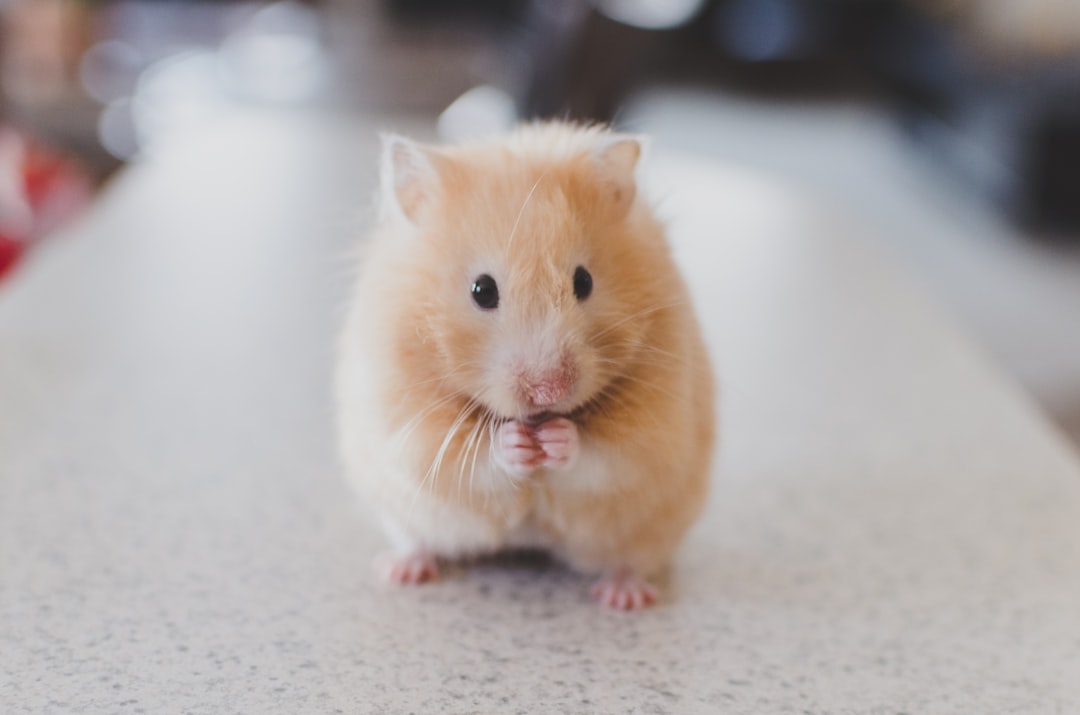As a hamster owner, you’re always looking for new and exciting treats to add to your furry friend’s diet. But with so many options available, it’s essential to do your research and ensure that what you’re offering is safe and nutritious. One popular snack that many people wonder about is peanuts. So, can hamsters eat peanuts? Let’s dig in!
Can Hamsters Eat Peanuts?
The short answer is yes, hamsters can eat peanuts, but with several important caveats. Peanuts aren’t inherently toxic to hamsters and can offer some nutritional value in moderation. However, peanuts are high in fat, and excessive consumption can lead to health problems in these little critters. Think of them like a tiny, occasional treat, not a dietary staple.
Potential Health Benefits of Peanuts for Hamsters
While peanuts shouldn’t be a significant part of a hamster’s diet, they do offer some potential benefits when given sparingly:
- Protein: Peanuts are a good source of protein, which is essential for muscle development and overall health.
- Healthy Fats: They contain healthy fats that can contribute to a shiny coat.
- Fiber: Peanuts provide some fiber, which can aid in digestion.
- Vitamins and Minerals: Peanuts contain vitamins and minerals like vitamin E and magnesium, which contribute to overall well-being.
Risks Associated with Feeding Peanuts to Hamsters
Despite the potential benefits, there are several risks to be aware of before offering peanuts to your hamster:
- High Fat Content: The high fat content can lead to obesity, which can, in turn, cause diabetes and other health problems.
- Choking Hazard: Whole peanuts, especially with the shell, can pose a choking hazard. Always offer shelled, and ideally, halved or crushed peanuts.
- Aflatoxins: Peanuts can sometimes contain aflatoxins, which are toxic substances produced by certain molds. Choose high-quality, human-grade peanuts to minimize this risk.
- Nutritional Imbalance: Overfeeding peanuts can lead to a nutritional imbalance, as your hamster may eat fewer of its essential, balanced food.
How to Safely Introduce Peanuts to Your Hamster
If you decide to give your hamster peanuts, follow these guidelines to minimize the risks:
- Choose the Right Peanuts: Opt for unsalted, unflavored, and roasted (not raw) peanuts. Make sure they are human-grade to reduce the risk of aflatoxins.
- Preparation: Always remove the shell. Cut the peanut into small pieces or crush it to prevent choking.
- Portion Control: A small piece, about the size of your hamster’s nail, is more than enough. A tiny sliver or a few crumbs will suffice.
- Frequency: Offer peanuts as an occasional treat, no more than once or twice a week.
- Supervise: Always supervise your hamster while it’s eating the peanut to ensure it doesn’t choke.
- Observe for Reactions: Watch for any signs of digestive upset or allergic reactions after introducing peanuts. If you notice anything unusual, discontinue feeding them peanuts immediately.
Pros and Cons of Feeding Peanuts to Hamsters
Pros:
- Provides a source of protein and healthy fats.
- Can be a tasty treat that your hamster enjoys.
- Contains some vitamins and minerals.
Cons:
- High in fat, leading to potential weight gain and health problems.
- Can be a choking hazard if not properly prepared.
- Potential for aflatoxin contamination.
- Can lead to nutritional imbalance if overfed.
Frequently Asked Questions
Can hamsters eat peanut butter?
Peanut butter is generally not recommended for hamsters. It’s very sticky and can be a serious choking hazard. It’s also very high in fat and often contains added sugars and salt, which are not good for hamsters.
What are better treat options for hamsters than peanuts?
There are many healthier and safer treat options for hamsters, such as small pieces of fresh vegetables (e.g., broccoli, cucumber, carrot), unsweetened and dried fruits (in moderation), and specially formulated hamster treats that are low in sugar and fat. Seeds, like pumpkin or sunflower seeds, are also good options but should still be given sparingly.
How do I know if my hamster is allergic to peanuts?
Allergic reactions in hamsters can manifest as skin irritation (itching, redness), digestive upset (diarrhea, vomiting), or respiratory problems (wheezing, difficulty breathing). If you notice any of these signs after feeding your hamster peanuts, stop giving them immediately and consult with a veterinarian.
Can baby hamsters eat peanuts?
It’s best to avoid giving peanuts to baby hamsters. Their digestive systems are still developing, and they are more susceptible to choking hazards and digestive upset. Stick to their regular food and consult with a veterinarian about safe treat options for young hamsters.
In conclusion, while hamsters *can* eat peanuts, they should be offered in very small quantities and infrequently due to the high fat content and potential choking hazards. Always prioritize your hamster’s health by choosing high-quality, unsalted peanuts, preparing them properly, and offering them as an occasional treat. And remember, a balanced diet consisting primarily of hamster-specific food is the best way to keep your furry friend happy and healthy!

